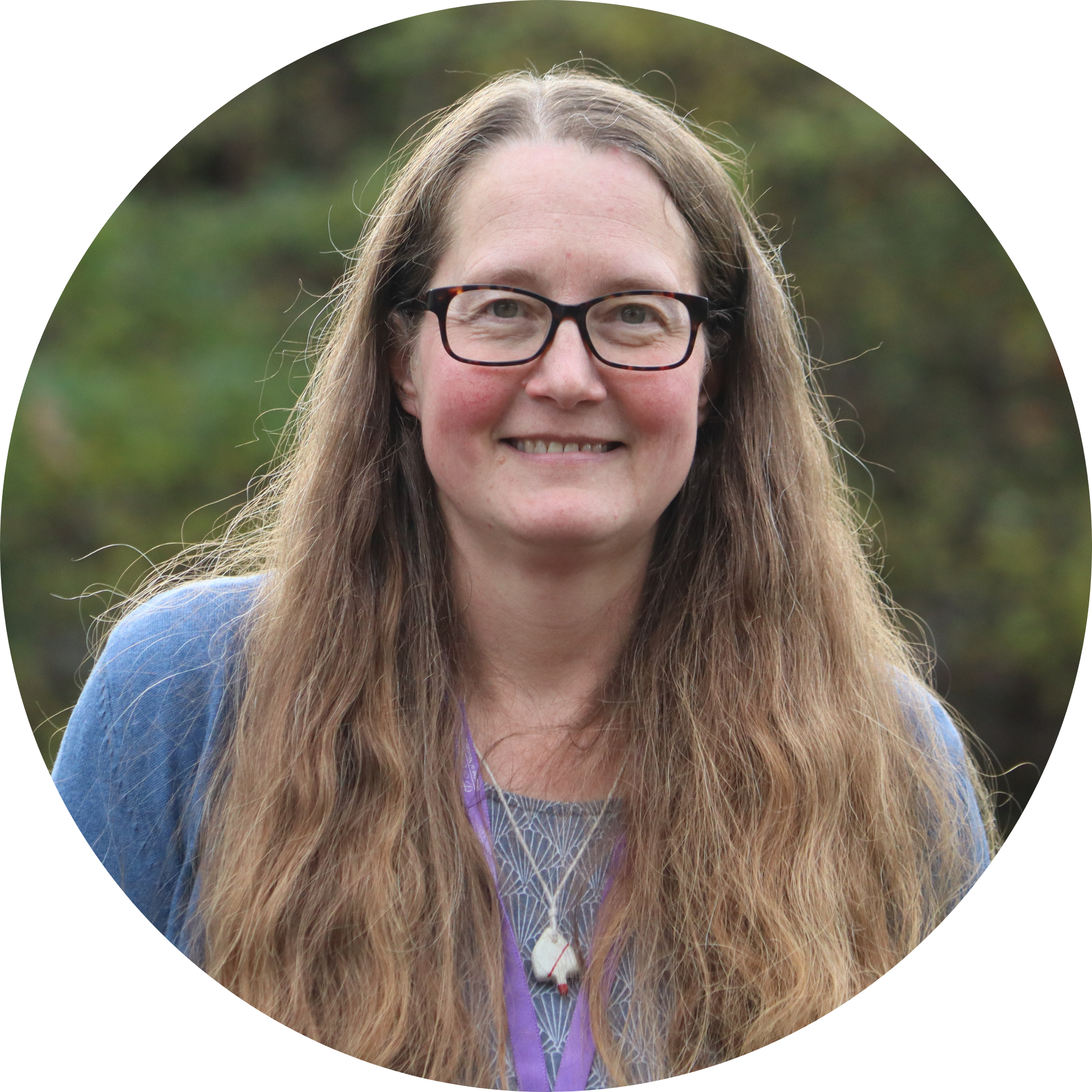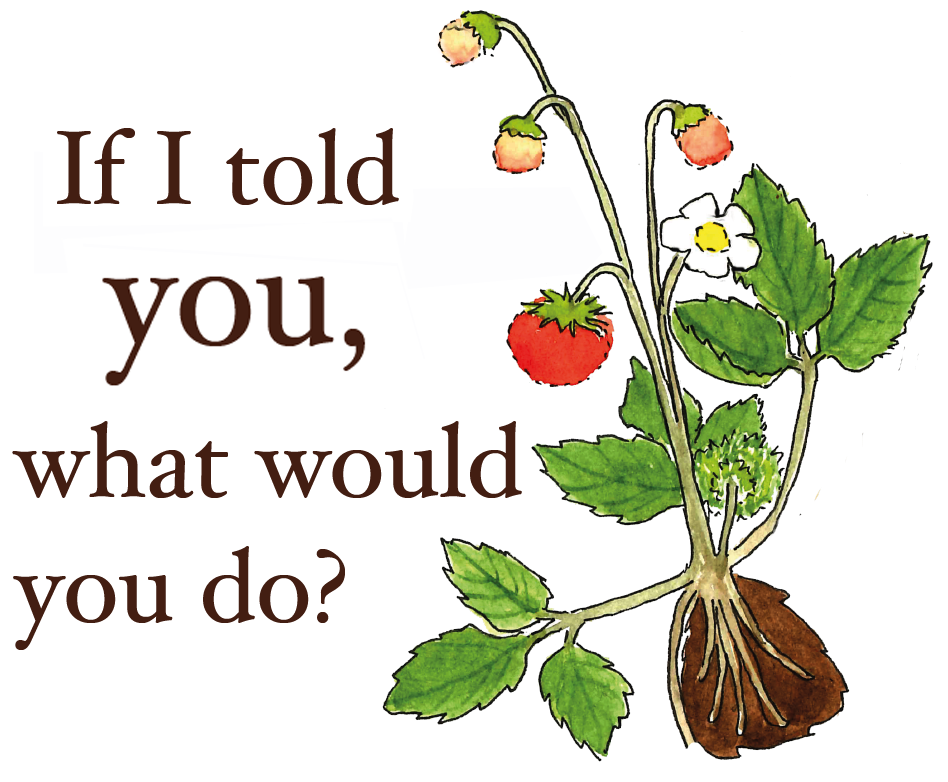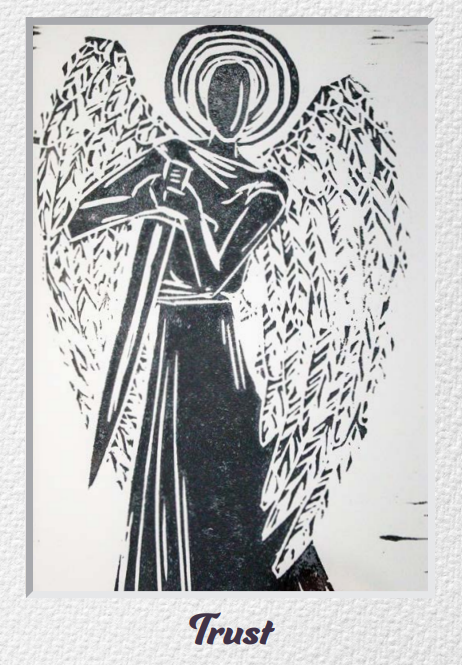 Welcome to the online home of the Chaplaincy to Survivors. If you or someone you care about is living with the effects of church-based abuse, the information here is for you.
Welcome to the online home of the Chaplaincy to Survivors. If you or someone you care about is living with the effects of church-based abuse, the information here is for you.
If you are an incumbent, PSO or other member of the Church looking for advice about how to respond well to survivors of abuse, you’ll find information here about how we can help.
Our Lead Officer is Maggi Creese. You can contact her at m.creese@newcastle.anglican.org or 07826405972.
For Survivors
Disclosing abuse and reaching out for help is a big and difficult step. We know that survivors often struggle to feel safe and that their experiences make it hard to trust others. It’s important that survivors be allowed to talk about their experiences and seek support at a pace that’s right for them.
 Regardless of where or when, if you have been harmed by any form of abuse in a faith context, Maggi is here to offer you pastoral care and to help you find other sources of support.
Regardless of where or when, if you have been harmed by any form of abuse in a faith context, Maggi is here to offer you pastoral care and to help you find other sources of support.
If you are interested in peer support, you’ll find information about the If I Told You, What Would You Do? Peer Support Group here.
For those who have disclosed abuse that took place in Newcastle Diocese, we are able to arrange for the services described in Responding Well: A guide to support for victims and survivors of church-based abuse; these include a Support Person while your complaint is being investigated, and other forms of support which will not be limited by the timing of diocesan processes: therapeutic support, pastoral and/or spiritual care.
If you have experienced abuse outside of a church/faith context, Maggi is available if you need someone to talk to or would like advice about finding support.
For Supporters
Supporting a family member or friend as they disclose their experiences, talk about them and seek help is an important and challenging role. It can be inspiring and fulfilling, but it may also be confusing, frightening and isolating.
We know that church-based abuse has a significant impact on the lives of those who love and care for survivors as well as of survivors themselves. Supporters need support too, and we’re here to help if someone close to you is a survivor of abuse.
If you support a partner, friend or family member who has been harmed by abuse and you need someone to talk to or would like to join a peer support group with others with similar experiences, please get in touch with Maggi.
 For Incumbents, PSOs & Parishes
For Incumbents, PSOs & Parishes
It can be daunting to think about how you would respond to someone disclosing abuse in the Church. You may worry that you’ll say or do something to make things worse for the person asking for support. We’re here to help you and your congregation know how to respond well and to build confidence in your ability to do so.
A good place to start is to have a look at the If I Told You, What Would You Do? resources. Maggi is also available to give you support and advice, and below you’ll find information about workshops aimed at helping us all respond well to survivors of abuse.
Parish Workshops
To enquire about these in-person sessions, please contact Maggi Creese.
These workshops are aimed at helping parishes become familiar with the If I Told You What Would You Do? resources and to help them think of concrete ways in which they might use the resources in their setting. Participants will be invited to think about some passages of scripture and what they can tell us about our relationship with survivors. Then we will think together about discussion questions aimed at exploring how the parish might respond to the ‘Would you…?’ questions included in If I Told You, What Would You Do?.
- Clothing the Naked: Responding well to survivors who make themselves known to us, either on their own or through a supporter. We think about how to respond to the questions ‘Would you encourage me to use my voice?’ and ‘Would you help me find others who understand and can offer me support?’. The session also includes some discussion of moral injury and the need to attend to the healing of the whole Church.
- Lost & Found: This workshop builds on the previous one but also shifts the focus from thinking about how to respond well to survivors brought to our attention to thinking about taking a more active approach to meeting survivors where they are. We think about how to respond to the questions ‘Would you make me feel safe?’, ‘Would you walk with me at my pace?’ and ‘Would you value who I am right now?’.
- Making Room at the Table: This workshop brings together the themes of the previous two and invites participants to think about the kind of community we want to invite survivors to be a part of. We think about how to respond to the questions ‘Would you show me that I can trust you’? and ‘Would you respect my choices’? This session also draws on the Tips for a Safer, Healthier Culture.
Confidentiality
Maggi and others who support survivors and their loved ones through the Chaplaincy to Survivors are bound by a responsibility to disclose information to the appropriate authorities where:
- others are at risk of harm.
- someone expresses an intention to hurt themselves.
- safeguarding information needs to be shared with statutory social care services and/or criminal justice professionals to assist in the prevention, detection or prosecution of a crime.
We will only break confidentiality if we believe that you or others are being harmed or are at risk of harm. We will endeavour to discuss disclosure to others with you beforehand and agree a way forward, but this may not always be possible or appropriate.
